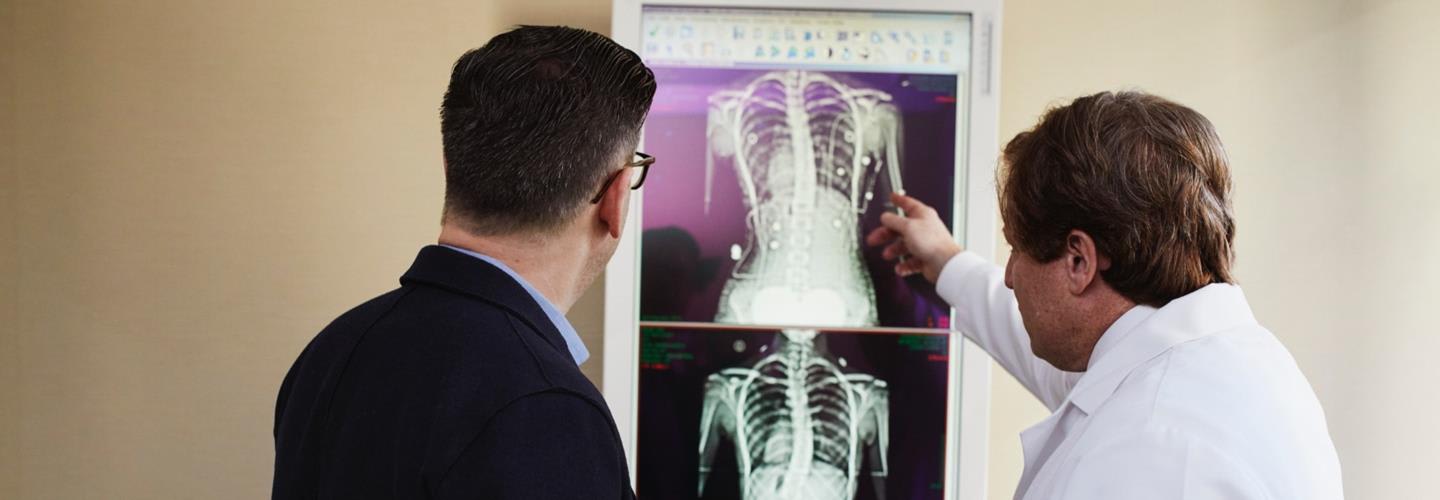With the current novel coronavirus outbreak and the unprecedented workload, it has put on health systems worldwide, it has become essential for clinicians to have access to technology in order to streamline and expedite the delivery of care in a range of settings.
By sharing information faster, quickly diagnosing (or ruling out) COVID-19 cases and providing the right level of care through virtual means, providers are more likely to slow the disease and prevent the virus spreading among populations.
Read our white paper on how technology can help alleviate the COVID-19 crisis.
Virtual care reduces healthcare workload
Orion Health has developed a comprehensive Outbreak Management solution, using virtual care to screen, assess, manage, track, and monitor as many patients as possible safely at home. Keeping patients at home, allows providers to reserve hospital resources for those who really need it.
Using a combination of dashboards, remote patient monitoring and cohort management, healthcare providers can identify and onboard members of the public, assess their level of risk and, using specific questionnaires and symptom-checkers, only escalate the level of care as required.
Patient portal reduces the burden on healthcare workers
During this COVID-19 pandemic, large numbers of patients are being tested for infection daily. Traditionally, public health nurses must contact each patient via telephone to advise them of their test results.
Our Outbreak Management solution includes a patient portal that allows healthcare providers to automatically provide their patients with their negative test results along with a health library of what this means and how to stay safe. Whilst a simple concept, this has significantly reduced the burden on healthcare workers telephoning patients, saving some organisations up to 300 calls per day.
Chronic care management in the community
Patients with a chronic disease, such as chronic obstructive pulmonary disease, congestive heart failure and diabetes, traditionally have a scheduled set of appointments with their healthcare provider over time.
By using automated rules based on robust clinical protocols, digital symptom questionnaires can be sent directly to patients via their patient portal for completion, reducing outpatient appointments.
When patient responses return to the system, automated rules triage and stratify them by individually tailorable risk thresholds; subsequently surfacing these patients as low, medium, or high risk within the clinical system.
The health system can now manage and focus on the most at risk and reserve the need for one-on-one phone calls or consultations for those individuals who most need it. By doing this, it ensures visibility over imminent service demands and reserves resources for those most at risk.
By utilising virtual care technology, healthcare officials can deliver the appropriate level of monitored care in the community based on a patient’s individual symptoms and conditions. This enables an improved level of care for all patients while flattening the epidemiology curve.
Want to learn more about how our Outbreak Management Solution can help?




